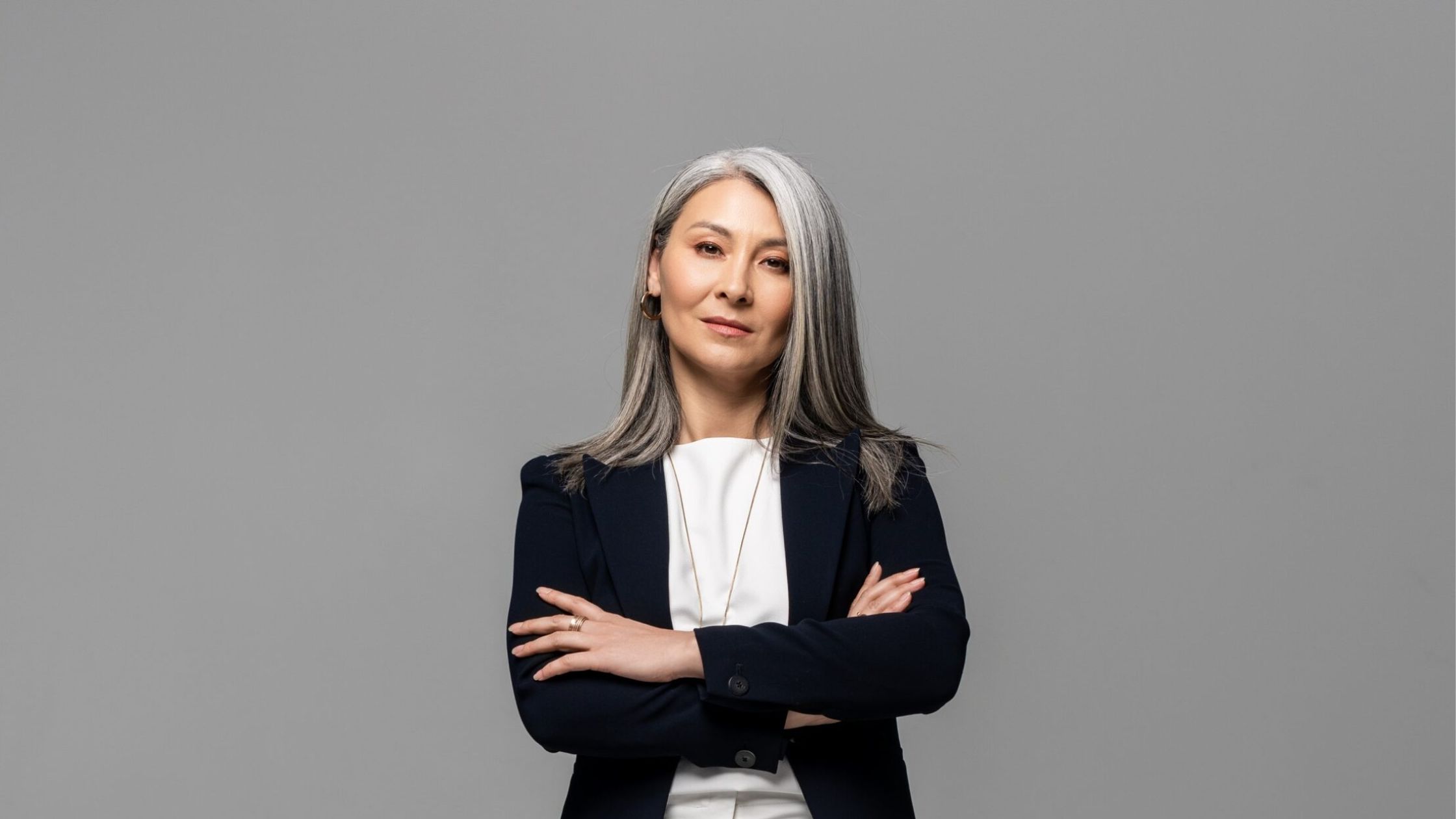Human-centered, empathetic, resilient, results-oriented, flexible, empowering, powerful… these are just a few of the adjectives people use these days to describe good leadership. Just how are traditionally trained leaders supposed to become all these things? How, in a world of uncertainty, can they change their behavior, values, vision and mindset to become more whole? Especially when they received their original training in a world that valued brain and cognition over body and senses or feelings?
When I speak and write about the whole person, I am referring to awareness of three main integrated characteristics.
- A brain that partners with the whole nervous system. Neuroscience has discovered there are “little brains” through the body that often send more messages to the brain than the other way around. Two examples are both the heart and the gut.
The Gut – “There are approximately 100 billion neurons in the human brain. Interestingly, your gut contains 500 million neurons, which are connected to your brain through nerves in your nervous system.” Healthline
The Heart – “Armour, in 1991, discovered that the heart has its ‘little brain’ or ‘intrinsic cardiac nervous system.’ This ‘heart brain’ is composed of approximately 40,000 neurons that are alike neurons in the brain, meaning that the heart has its own nervous system.” National Institutes of Health
- A whole person sees and feels him- or herself as a walking, breathing, sensing, thinking, feeling being – someone who is truly alive. When leaders are in this mind space, we say they have embodied leadership, which might also be called self-confidence or mastery.
- There is a seamless coordination between all parts and systems of our wonderful and at times magical humanity. We sense this coordination many times when in a state of flow, and sometimes when the exact right words are there right when we need them. As humans, we experience all life through our body, yet we often ignore what it is telling us regarding our health, our connection to others and to the natural world.
Science has discovered so much about how the brain and body work that we are at the dawn of a new era. Many of us who were born and raised in Western civilization are working on getting whole again. Especially in the affluent Western world, there is a fair amount of focus today on the body, sports and health. Body-based methods like yoga, Pilates and meditation have grown in practice exponentially. The development of the digital world (a product of cognition) has given us neuroscience, physical medicine and knowledge of successful ways to improve our bodies. But the Eastern world is giving us ancient methods to honor the earth and our humanity.
Fighting back against what is empowering, natural and healthy is the old paradigm. Resistance to change can no longer be our default setting. Accepting what heals us and moves us forward can be painful at times. Only when more leaders and people take action to experience wholeness will the tide turn.

